Why Buying a Fixer-Upper Could Be a Smart Move

There’s no denying affordability is tough right now. But that doesn’t mean you have to put your plans to buy a home on the back burner.
If you're open to a little elbow grease (or hiring someone who is), purchasing a home that needs some work could be the key to owning a home. Here’s what you need to know to decide if this option is right for you.
What Is a Fixer-Upper?
A fixer-upper is a home that’s livable but requires renovations. These can range from cosmetic updates like removing wallpaper and installing new flooring to more significant repairs such as replacing a roof or upgrading plumbing.
While they require some TLC, fixer-uppers come with several advantages, especially in today’s market:
- Lower Purchase Price: Because they need work, these homes are often priced lower than move-in-ready properties. A survey from StorageCafe found that fixer-uppers typically cost about 29% less, making them a great option if you’re struggling to find something within your budget.
- Less Competition: Many buyers prefer move-in-ready homes, meaning you’re less likely to face bidding wars.
- Faster Equity Growth: With strategic renovations, you can quickly increase the value of your home, leading to a solid return on investment while also creating a space tailored to your style and needs.
As The Mortgage Reports puts it:
"For buyers willing to invest some sweat equity, purchasing a fixer-upper can be a path to homeownership, often at a lower cost—even in competitive markets. Plus, the right upgrades can boost your home’s value significantly."
Key Considerations Before Buying a Fixer-Upper
The potential is exciting, but there are a few important factors to think through before taking the leap:
- Have a Game Plan: Do you have the time, skills, or budget to handle renovations? Be realistic about what you can DIY, what requires professional help, and whether a fixer-upper aligns with your lifestyle. Keep in mind, you may be living in a construction zone for a while.
- Prioritize Upgrades: You don’t have to tackle everything at once. Plan renovations in phases based on your budget and the most critical updates.
- Location Matters: A great deal on a fixer-upper only pays off if the home is in a desirable neighborhood with increasing property values and amenities like parks, restaurants, and good schools.
- Get a Home Inspection: A professional inspection is crucial to uncover hidden issues, estimate repair costs, and ensure you're making a sound investment.
- Explore Financing Options: Some mortgage programs cater to fixer-uppers, offering funds for both purchase and renovation. However, they may have specific spending limits and timelines, so consult a trusted lender to understand your options.
- Budget for the Unexpected: Renovations often come with surprises, from extended timelines to higher material costs. Having extra funds set aside can help you handle the unexpected without stress.
Bottom Line
Fixer-uppers may not be the right fit for everyone, but if you're willing to put in some effort, they can be a smart way to navigate today’s affordability challenges and secure a home within your budget. With the right approach and thoughtful planning, you can transform an imperfect house into your ideal home.
If you're thinking about taking this route, connect with a real estate agent who can help you find a fixer-upper that aligns with your budget and goals.
Categories
Recent Posts

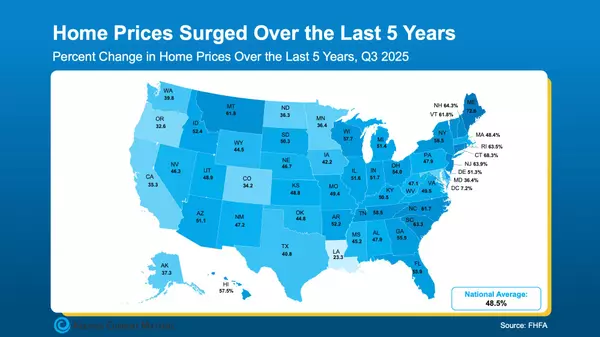
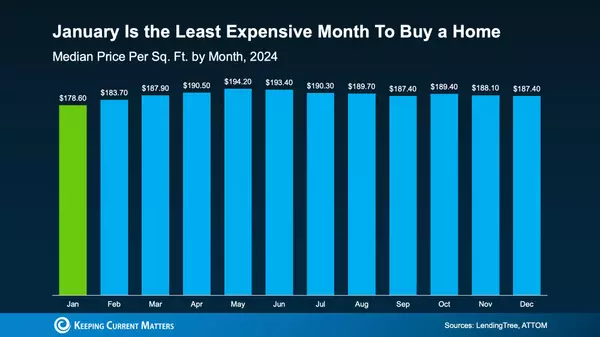
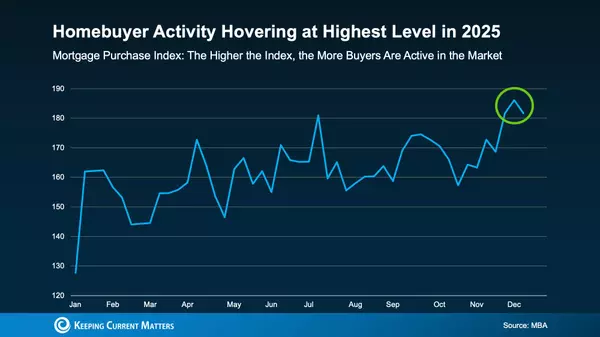
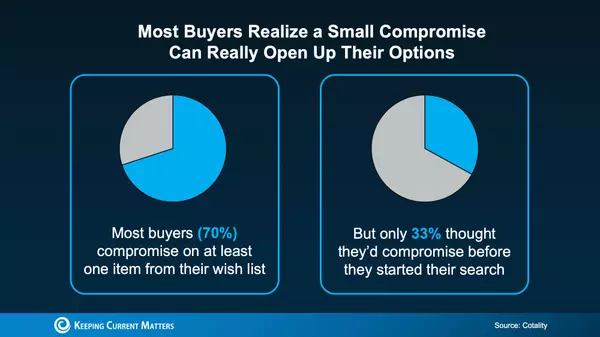
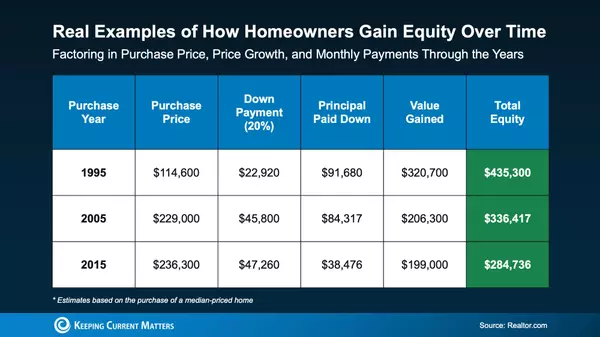
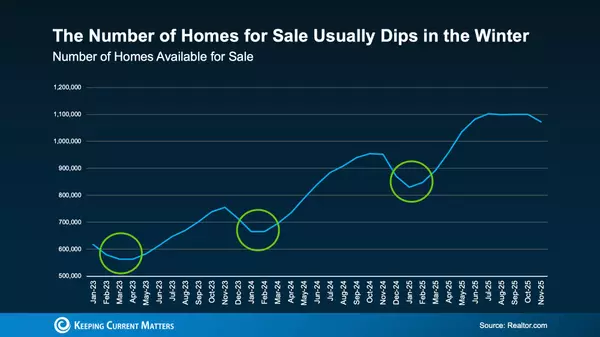
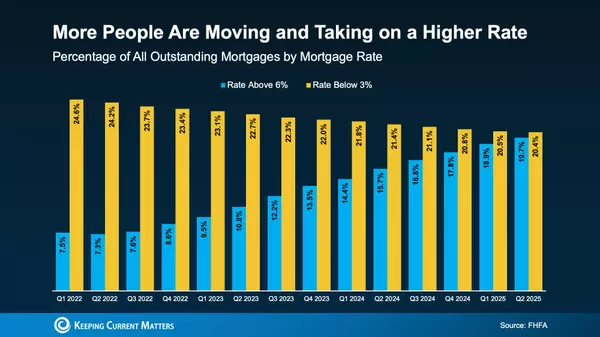
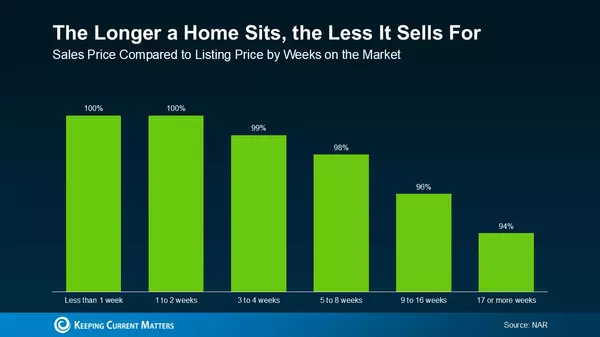
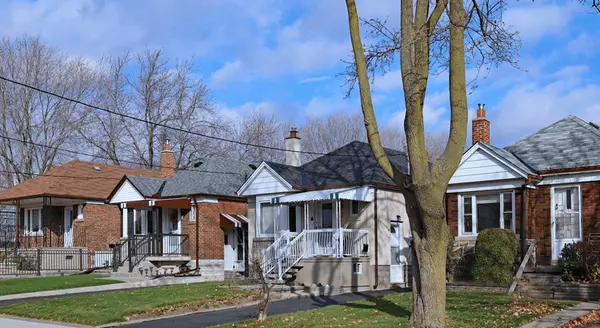
GET MORE INFORMATION


